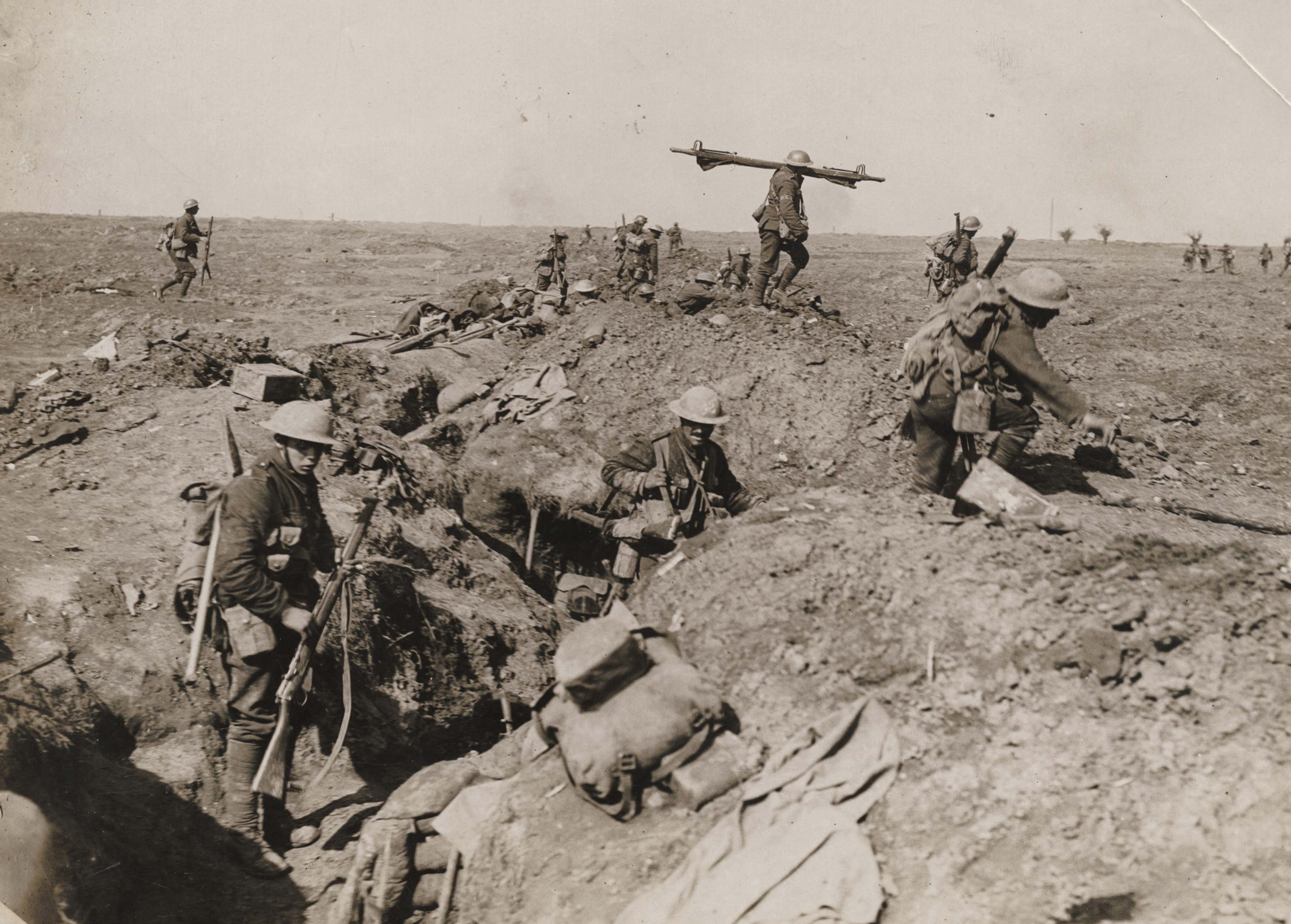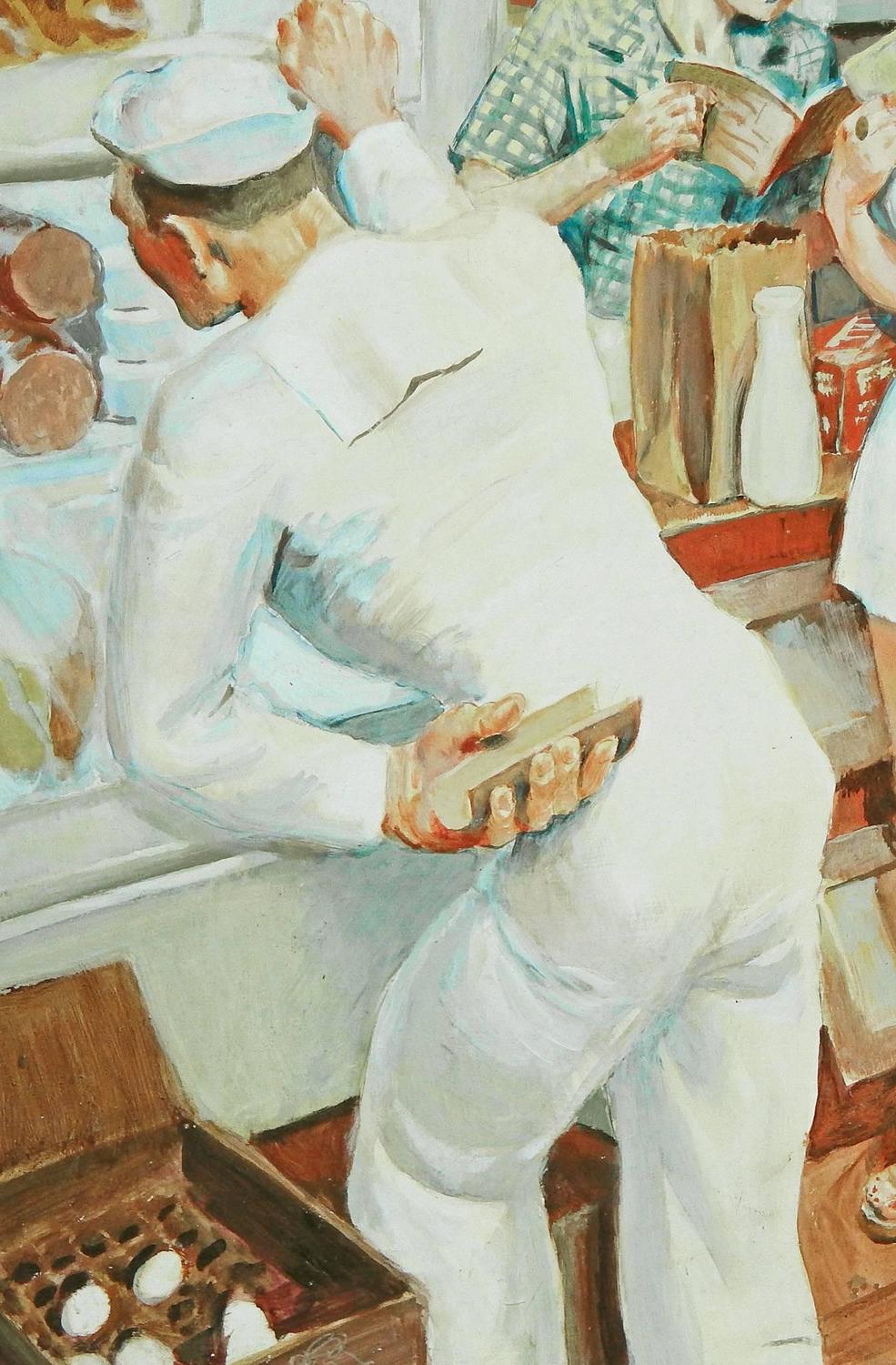Table of Content
While Standard Oil was agreeable, the independent oil companies were not. Demand continued to outpace supply because of the war and the growth in automobiles in America. An appeal for "Gasolineless Sundays" in US was made with exceptions for freight, doctors, police, emergency vehicles, and funeral cars. The Espionage Act of 1917 and the Sedition Act of 1918 attempted to punish enemy activity and extended to the punishment expressions of doubt about America's role in the war. The Sedition Act criminalized any expression of opinion that used "disloyal, profane, scurrilous or abusive language" about the U.S. government, flag or armed forces. Government police action, private vigilante groups, and public war hysteria compromised the civil liberties of many Americans who disagreed with Wilson's policies.

Tsarist Russia was being torn apart in 1914 and was not prepared to fight a modern war. The industrial sector was small, finances were poor, the rural areas could barely feed themselves. Repeated military failures and bureaucratic ineptitude soon turned large segments of the population against the government. Control of the Baltic Sea by the German fleet, and of the Black Sea by combined German and Ottoman forces prevented Russia from importing supplies or exporting goods. Food and fuel supplies grew scarce, war casualties kept climbing and inflation was mounting.
The Rising Sun - World War II - Time Life Books
Inflation soared, from an index of 129 in 1914 to 1589 in 1918, wiping out the cash savings of the middle-class. In terms of war damage to the economy, the war used up about 20 percent of the GDP. The dead soldiers amounted to about four percent of the 1914 labor force, and the wounded ones to another six percent. Compared all the major countries in the war, Austria's death and casualty rate was toward the high-end. The end of October 1918 saw the outbreak of the German Revolution of 1918–19 as units of the German Navy refused to set sail for a last, large-scale operation in a war which they saw as good as lost (→Kiel mutiny).
With the main working-class Socialist party reluctant to support the war effort, strikes were frequent and cooperation was minimal, especially in the Socialist strongholds of Piedmont and Lombardy. The government imposed high wage scales, as well as collective bargaining and insurance schemes. For example, the workforce at the Ansaldo munitions company grew from 6,000 to 110,000 workers as it manufactured 10,900 artillery pieces, 3,800 warplanes, 95 warships and 10 million artillery shells. Discontent was high in rural areas since so many men were taken for service, industrial jobs were unavailable, wages grew slowly and inflation was just as bad. South Africa had a military role in the war, fighting the Germans in East Africa and on the Western Front. Public opinion in South Africa split along racial and ethnic lines.
Women in War
Nevertheless, the casualties and expenditure of munitions in the Balkan Wars left Serbia depleted and dependent on France for supplies. Austria invaded twice in 1914 and was turned back after both armies suffered very heavy losses. Many captured Austrian soldiers were Slavic and joined the Serbian cause.

The year 1915 was peaceful in the sense there was no military action, but food supplies were dangerously low and a series of deadly epidemics hit, especially typhus. The death toll from epidemics was about 100,000 civilians, 35,000 soldiers, and 30,000 prisoners of war. President Woodrow Wilson took full control of foreign policy, declaring neutrality but warning Germany that the resumption of unrestricted submarine warfare against American ships would mean war.
Censorship and Propaganda
The operation gave the navy a rationale for enlarging its budget to double the army budget and expanding the fleet. The Navy thus gained significant political influence over national and international affairs. He dissolved the parliament and declared war on Germany and Austria-Hungary on August 13, 1917. Around 175,000 Chinese workers volunteered for well-paid positions in the labor battalions that served the Allies behind the lines in France, and Africa and on supply ships. Some 10,000 died, including over 500 on ships sunk by U-boats. Greece had been exhausted by the Balkan wars and sought to remain neutral, but its strategic position as the gateway to the Balkans made that impossible.
In terms of value, Australian exports rose almost 45 per cent, while the number of Australians employed in manufacturing industries increased over 11 per cent. Inflation became a factor as the prices of consumer goods went up, while the cost of exports was deliberately kept lower than market value to prevent further inflationary pressures worldwide. As a result, the cost of living for many average Australians was increased. In Glasgow, the heavy demand for munitions and warships strengthened union power.
Munitions production before U.S. entry
He dramatically increased the output of artillery shells—the main weapon actually used in battle. Prime Minister H. H. Asquith was a disappointment; he formed a coalition government in 1915 but it was also ineffective. He had a strong hand in the managing of every affair, making many decisions himself. Historians credit Lloyd George with providing the driving energy and organisation that won the War. One segment of the population that was especially ready for the war was women.
German efforts to use its submarines ("U-boats") to blockade Britain resulted in the deaths of American travelers and sailors, and attacks on passenger liners caused public outrage. Most notable was the torpedoing without warning the passenger liner Lusitania in 1915. Germany promised not to repeat, but it reversed its position in early 1917, believing that unrestricted U-boat warfare against all ships headed to Britain would win the war even at the cost of American entry. On April 1, 1917, Wilson called for war, emphasizing that the U.S. had to fight to maintain its honor and to have a decisive voice in shaping the new postwar world.
Londoner Florence Parsons recalled her horror at the sight of them. After years of shortages, queues and hunger, British workers had had enough. A series of protests and strikes took place, demanding the government take action. For those who were working long hours, queuing for food was especially difficult.
In 1919 the king organized a new ministry and introduced universal male suffrage. The Socialists—mostly poor workers—benefited more than the more middle class Catholics and Liberals. The small Indian industrial base expanded dramatically to provide most of the supplies and munitions for the Middle East theatre. Indian nationalists became well organized for the first time during the war, and were stunned when they received little in the way of self-government in the aftermath of victory. The British controlled India either directly through the British Raj or indirectly through local princes.
The Salvation Army's Adult Rehabilitation Center in Charlotte, NC offers spiritual, emotional, and social assistance to those who have lost the ability to cope with their problems and provide for themselves. Our free programs provide housing, food, counseling, community, and employment as we work to treat the symptoms, and ultimately the root causes, of prolonged alcohol and drug dependence. Sadly, while these families left the South to avoid the racism of Jim Crow, they found that many Northerners were not too pleased about the new arrivals getting scarce jobs. As a result, organizations such as the Ku Klux Klan found new members, leading to a rise in racial frictions following the war.

Women in Britain finally achieved suffrage on the same terms as men in 1928. Historian Arthur Marwick saw a radical transformation of British society, a deluge that swept away many old attitudes and brought in a more equalitarian society. He also saw the famous literary pessimism of the 1920s as misplaced, for there were major positive long-term consequences of the war. He pointed to new job opportunities and self-consciousness among workers that quickly built up the Labour Party, to the coming of partial woman suffrage, and an acceleration of social reform and state control of the British economy. He found a decline of deference toward the aristocracy and established authority in general, and a weakening among youth of traditional restraints on individual moral behavior. Marwick concluded that class differentials softened, national cohesion increased, and British society became more equal.
Women's History Network
The main fighting of the latter group was in Mesopotamia , where large numbers were killed and captured in the initial stages of the Mesopotamian campaign, most infamously during the Siege of Kut. The Indian contingent was entirely funded by the Indian taxpayers . The American government faced a difficult problem in the spring of 1917. No, not just the declaration of war with Germany in April, but how to convince the American people that war was necessary. For many Americans, there was a big difference between wanting the British and French to win and wanting to have American soldiers dying to defeat Germany. The American public knew about the horrors of trench warfare, complete with machine guns and poison gas, and had little desire to send their young men off to fight.


No comments:
Post a Comment